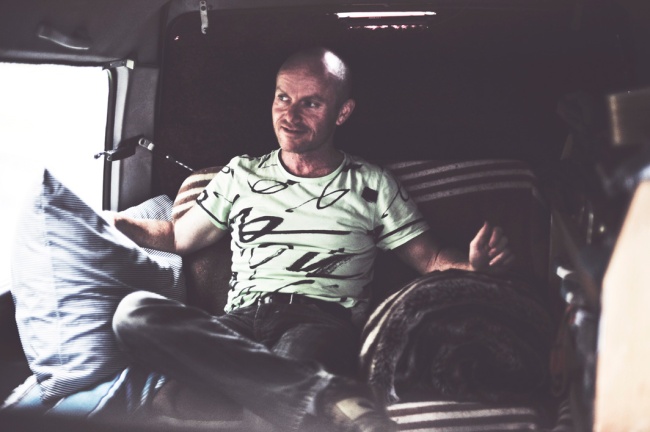I received an email from the Mars 1 people last week; apparently I’ve passed the first round of astronaut selection.
!!!!
It’s been a long time since I applied, and a lot has changed since then, so my feelings on this are complicated. Well, I fell in love, for one thing! Her name’s Emily, and she’s amazing. And then I moved in with her, and since then life has been absolutely perfect.
So my initial reaction was to back out of the Mars project. All the cons became immediately apparent: I hate scrutiny, and to be in the public eye all the time would be horrendous for me; I’m a very poor fundraiser, and fundraising is the first task they’re assigning the aspiring astronauts; surely of the thousand other people selected there are at least 900 better suited to this than I am; plus I submitted the application at a time when I was searching for meaning in my life, and perhaps by now my search had been fruitful. Foremost, of course, was the fact that I really love my life right now, and it’s hard to imagine giving it up, never mind leaving my honey, and my friends, and my family, bereft. So I decided to let Mars go.
But I found I couldn’t. I got another email from the Mars people telling me about the next steps, and they weren’t that involved, really… write them to confirm that I’m still interested, get a medical exam, etc. I found myself thinking I should keep my options open, see how it plays out… And then it hit me again, the whole reason I was attracted to this project in the first place.
It comes down to one question: do you want to lead a normal life? Or do you want to be a part of something truly spectacular?












